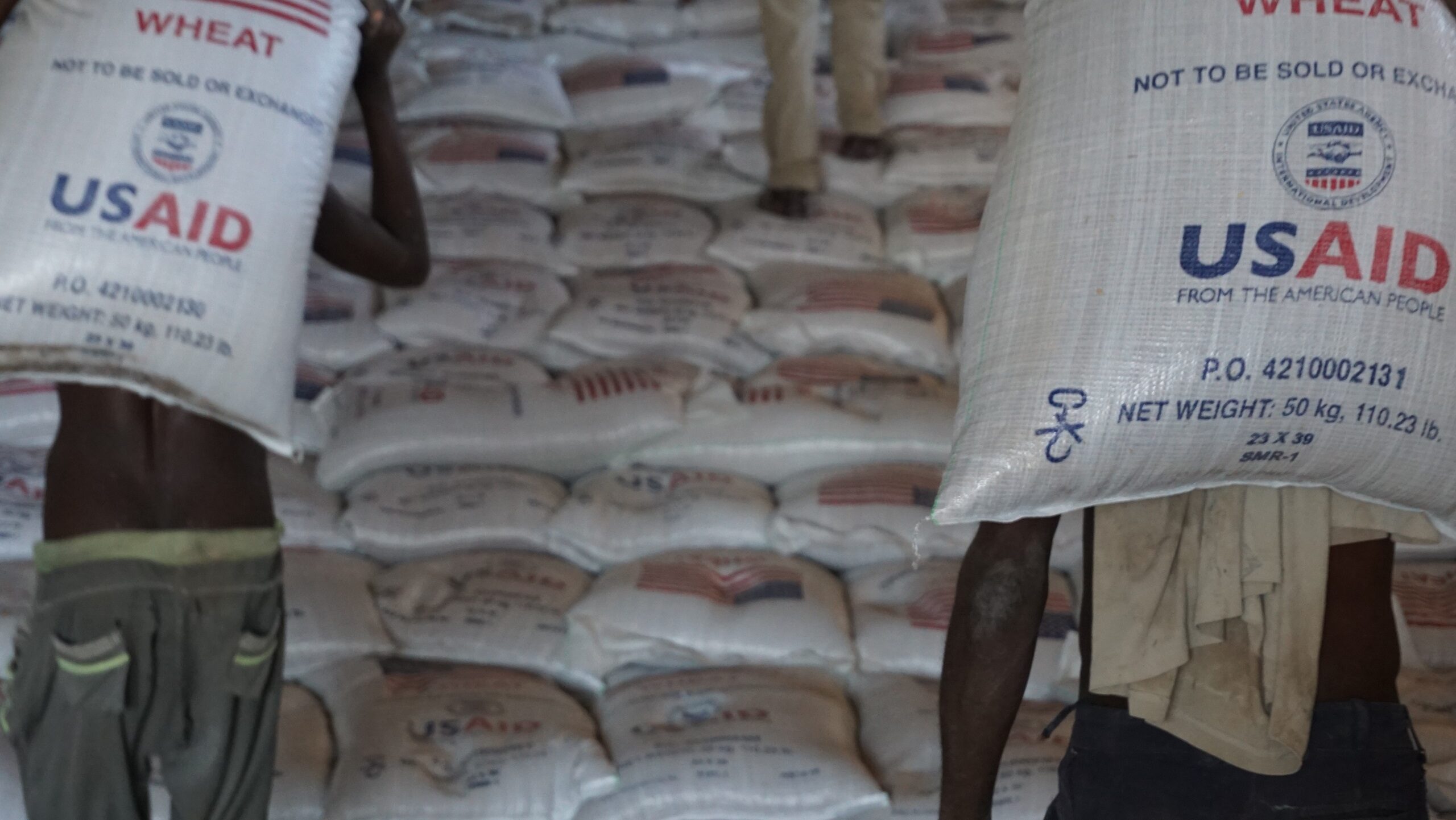US Partially Reinstates Food Aid After Backlash, Keeps Cuts in Afghanistan and Yemen
The US government has reversed cuts to emergency food assistance in several countries after widespread criticism, but it will maintain the termination of aid to Afghanistan and Yemen—two nations facing severe humanitarian crises. The moves are part of the Trump administration’s restructuring of the US Agency for International Development (USAID) under the Department of Government Efficiency, led by Trump adviser Elon Musk.
The State Department confirmed this week that aid will resume in countries such as Somalia, Syria, Lebanon, Jordan, Iraq, and Ecuador. But funding to Afghanistan and Yemen will remain halted, with the State Department citing concerns that aid may have been diverted to groups like the Taliban and Yemen’s Houthi rebels.
This holiday season, give to:
Truth and understanding
The Media Line's intrepid correspondents are in Israel, Gaza, Lebanon, Syria and Pakistan providing first-person reporting.
They all said they cover it.
We see it.
We report with just one agenda: the truth.


An internal email described by USAID officials, speaking anonymously, said Jeremy Lewin, the DOGE associate overseeing the restructuring, ordered the partial reversal following media attention. Lewin reportedly expressed regret over the abrupt handling of the aid terminations. According to officials, lobbying from United Nations leadership and pushback from lawmakers helped drive the decision to restore some programs.
“The continuation of these cuts weakens America’s standing around the world,” said Sen. Jeanne Shaheen, the top Democrat on the Senate Foreign Relations Committee.
The cuts will still leave millions at risk. In Afghanistan, 23 million people rely on humanitarian aid. The canceled programs would have supported food assistance, healthcare, and services for women and children. In Yemen, where 8.6 million people received aid last year, the World Food Program warned that ending food deliveries to the south could fuel instability.
USAID, previously the world’s largest contributor to emergency food aid, has seen over 5,000 programs shut down under the new strategy, and thousands of staff were notified this week they would be laid off by August.



